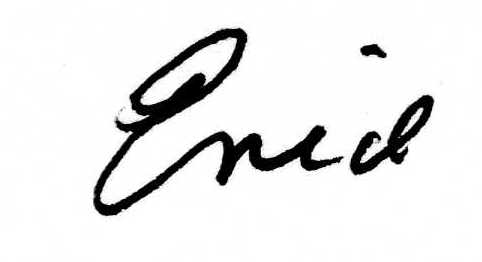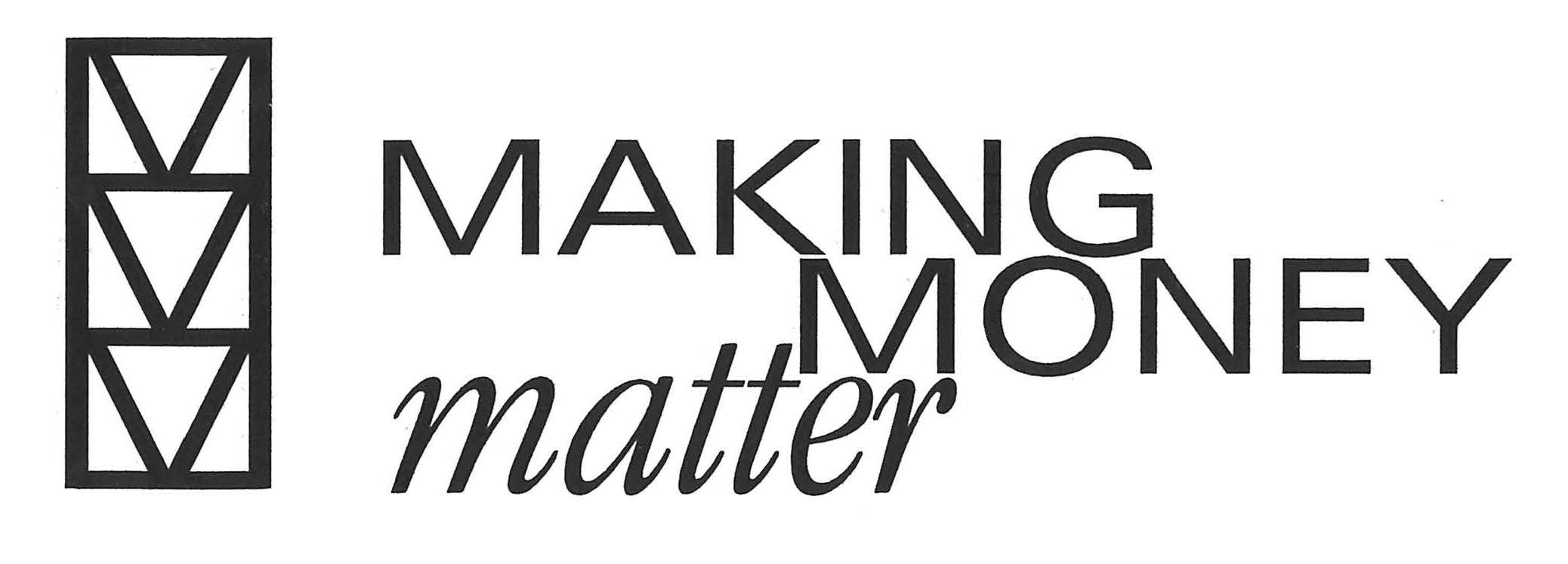After more than 25 years of service in multiple and varied permutations, I have retired from the University of Colorado.
In 1989 I was fortunate to enter the advancement profession in the College of Engineering at CU Boulder. Having come from the entrepreneurial for-profit world as a business founder, I was given the opportunity to work with deans who were as committed as I was to resource development for a noble enterprise and who were true strategic partners.
Endowed chairs were created, student scholarships were provided, new programs were initiated and two new facilities were constructed: the undergraduate Integrated Teaching and Learning Laboratory and the Discovery Learning Center.
Strong personal relationships were built with generous donors on the basis of mutual trust and respect and to my delight, more than a few of those relationships continue today.
For the last 15 years, I have had the privilege of facilitating the philanthropic journey of two very special donors who, together with an extraordinary, visionary and distinguished academic leader, created the Coleman Institute for Cognitive Disability.
The Institute is a testament to the magic that happens when there is alignment of purpose and steadfast collaboration. Among its other substantial achievements, the Institute is the driving force in the declaration of The Rights of People with Cognitive Disabilities to Technology and Information Access, a major disability rights initiative with far-reaching impacts on the quality of life and independence for people with cognitive disabilities.
In fact, the State of Colorado was the first state in the nation to endorse the Declaration, igniting the movement.
While serving as the Institute’s founding Associate Director, I was able to continue to be engaged in strategic philanthropy through the CU Foundation and the University of Colorado Office of the President.
My activities were as varied as writing strategic plans and campaign plans, conducting feasibility studies, donor development consultations, advising and coaching chancellors, deans, chairs, and boards, and teaching and mentoring development professionals.
In a particularly satisfying role of the first CU Program Manager for implementing the Boettcher Foundation Webb-Waring Biomedical Research Awards program, I had the joy of facilitating the distribution of over $17 million to early-career faculty investigators to support their translational research.
Simply said, I am deeply grateful for the opportunities I have been afforded to learn and to contribute through my association with the University of Colorado Foundation and the University of Colorado.
How joyful it is to reflect on the richness of my experiences and the people I’ve met and come to know—high profile folks like David Packard and others who are not so well known, like self-advocates with cognitive disabilities who are standing up for their rights to community inclusion.
Retiring marks the beginning of what I hope will be a robust “third age” for me, starting with a self-imposed sabbatical to explore passions put on hold.
Part of the mosaic I am creating includes continuing to share what I have learned about the world of philanthropy: about those who seek funds to address problems or issues, those who facilitate the giving process with all its complexities, and particularly about those who give, each with their own motivations, style and expectations.
170 Making Money Matter columns have appeared since 2001 covering myriad topics, from strategic non-profit management to volunteering; gift and estate planning to teaching kids to give; donor motivations to board development and so much more.
New topics that can be addressed are deep and wide… and growing, a consequence of the heightened awareness of the power of philanthropy to address such far reaching goals as finding cures, addressing poverty and inequality, and saving the planet.
Moving forward, I would like to try something new. I invite readers of this column to collaborate with me in developing future columns. Here are some ideas to get you started:
Address trends in giving
Discuss insights on clusters of demographics establishing new giving profiles
Provide a first-hand story of why you decided to give
Ask a question
Share the impact of a charitable gift from the recipient’s perspective
Suggest a creative approach to raising the bar for board involvement
Comment on a local, national or international philanthropic strategy
And yes, even grouse about a pet peeve.
Collaboration may mean interviewing you, quoting you or possibly co-authoring a column. Please contact me at enidablowitz@hotmail.com with a description of your idea or send your copy (no more than 500 words) for consideration.
Let’s see what happens. Nothing ventured – nothing gained, but we all might learn something and be enriched by the flow of ideas.
Oh, and another new feature: occasional life’s lessons learned. Here’s the first one:
# 1 There is little in life you can control but you can make decisions about two very important things: how you spend your time and how you spend your money. Now replace the word spend with the word give.
Enid M. Ablowitz, CFRE, CSPG, is a veteran advancement professional, author and consultant who is dedicated to educating and guiding donors and non-profit organizations on the art and science of strategic philanthropy.
Originally published in the Boulder Daily Camera on July 14, 2015.
‘Til next time — Give Well, Give for Good.


